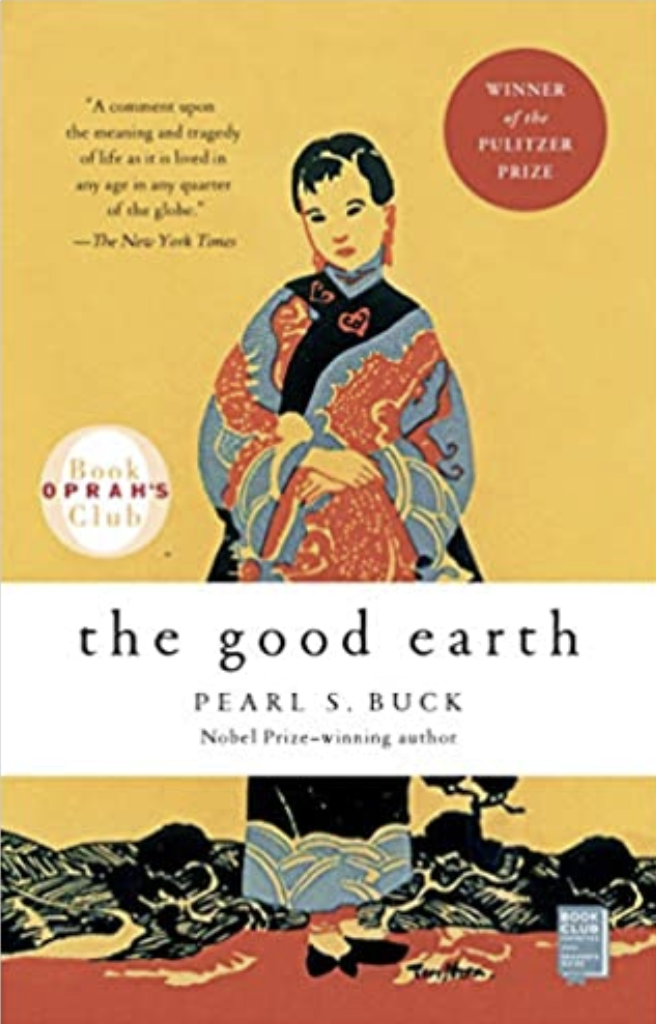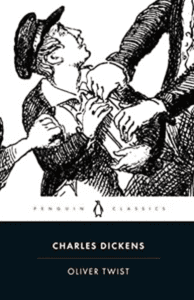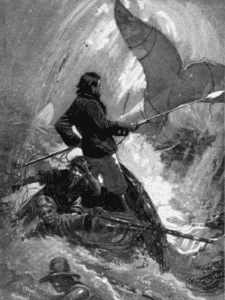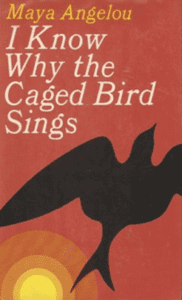Author: Pearl S. Buck, a 20th-century American writer
The masterpiece of the American Nobel Laureate author who introduced the Far East to the West, this rags-to-riches story of a Chinese farmer depicting the relationship between man and mother earth won numerous awards including the Pulitzer. The trials of protagonist Wang Lung resonated with the Americans suffering from the Great Depression.
Wang Lung is excited about getting married mainly because he will be relieved from household chores forced upon him after his mother’s death six years ago. Being too poor, Wang Lung’s father has arranged for a ‘not young’ and ‘not pretty’ slave of the Hwangs. Taking a rare bath, and feeding his old father, Wang Lung bribes the gateman to enter the great House of Hwang; and gets O-lan, a hard-working, silent woman.
Lighting incense in the small temple of the earth is all the ceremony needed to be man and wife. O-lan cooks for five wedding guests expertly, being a kitchen slave. While pretty slaves are bedded by young lords, nobody looked beyond O-lan’s square jaw and coarse skin. Wang Lung luxuriates in O-lan’s soft flesh, housekeeping and cooking skills, and work on his lands. He is ashamed of his curiosity and interest in O-lan, a mere woman. She refuses assistance in childbirth, works in the field till labor starts, and prepares food while in labor. Yet, on hearing the infant cry, Wang Lung forgets her repeatedly asking whether it is a man-child.
Good harvests bring prosperity, and the gateman is deferential when they visit Hwang House with their son. Wang Lung starts buying Hwang lands, proud to purchase from the House where O-lan was a slave. O-lan takes only a few hours off from harvesting to deliver another son. The day his first ‘slave’, or daughter, is born, Wang Lung is compelled to lend money to his manipulative uncle for ‘filial piety’. A severe drought follows, even O-lan’s milk drying up; forcing O-lan to slaughter the ox.
Wung Lang’s uncle spreads rumors of their hoarding of food and money. Disappointed at finding nothing except little grain, the villagers loot their furniture, – stopped by a rare speech from O-lan. Cannibalism is reported in villages. Wang Lung spits on the god, determined to go south. Neighbor Ching offers his last beans to O-lan in labor. Wang Lung finds the baby dead with bruises on her neck, despairing when a famished dog digs at her grave.
Though tempted to sell land, Wang Lung fumes at the pittance offered by buyers his uncle brings. O-lan sells furniture instead, which pays for their ride south in the ‘firewagon’ on rails. They shelter by a wall in the city in mat-tents, eating in public kitchens. When O-lan teaches the children to beg, Wang Lung learns she begged during a famine before being sold. Wang Lung pulls a rickety rickshaw, feeling less of an outsider after carrying an American woman. When his younger son steals pork, Wang Lung decides to return to their land before his sons become thieves. Contemplating selling the daughter, as the war begins O-lan waits for the enemy to arrive. Mobs then plunder mansions, and an obese man, frightened for his life, gives Wang Lung his gold.
Confiscating the jewels O-lan stole, Wang Lung buys Hwang land with them, allowing her to retain only two pearls. He hires laborers, appointing Ching as a steward. O-lan delivers twins – boy and girl. Their older girl is retarded. Illiterate Wang Lung sends his sons to school.
Seven years later, Wang Lung is idle when the river floods his lands. Scrutinizing O-lan for the first time and repulsed, he patronizes the new tea shop, struck with one of its girls – Lotus. Cutting off his braid which nothing could induce him to do earlier, he gives Lotus O-lan’s pearls. The uncle reappears, the aunt managing things so that Lotus moves into Wang Lung’s house with Cuckoo, an old Hwang House slave, as a maid. O-lan despises Cuckoo, who dominated O-lan at Hwang House. Wang Lung’s ardor cools at the relentless extravagance of Lotus, and his love-sickness is cured when the land dries.
Wang Lung suffers his uncle’s family because his uncle belongs to a band of robbers, which protects Wang Lung from burglary. He gets his listless eldest son betrothed to grain merchant Liu’s daughter and saves his best fields from locusts. O-lan informs the eldest son visits Lotus; Wang Lung thrashes him, sending him south to study. He apprentices the second son to Liu and his younger daughter is betrothed to Liu’s son.
O-lan has painfully bound the feet of the younger daughter stating Wang Lung does not love O-lan because of her big unbound feet. Hearing this from his daughter irks Wang Lung enough to notice O-lan is in pain. When the doctor confirms she is dying, Wang Lung weeps alone in the kitchen. Wang Lung showers pity and kindness on O-lan to hide guilt and revulsion, acquiescing to immediately arrange the elder son’s wedding. O-lan dies directly after the grand wedding, followed by Wang Lung’s father.
The river floods cause famine. The uncle extorts protection money, while his son gropes the younger daughter. Wang Lung gets the uncle’s family addicted to opium, and buys land from starving farmers. He acquires and eventually inhabits the House of Hwang. The uncle’s son goes to war, and Wang Lung’s first grandchild – a man-child, is born. Wang Lung rarely returns to his lands after Ching dies.
The eldest son lavishly decorates the House of Wang, while the thrifty second son marries a village maid. They host the uncle’s son with fellow soldiers for weeks, giving him a slave to protect the other women. Wang Lung gives her to his farm worker as his wife, in the same hall where O-lan was handed to him. When he takes Lotus’s young slave Pear Blossom as his woman, the youngest son, who fancies her, leaves to join the Revolution. Pear Blossom promises to look after his elder daughter, while the sons promise never to sell his lands, merely to placate him.




